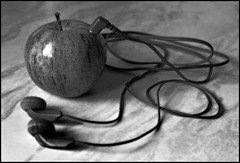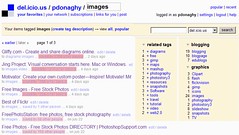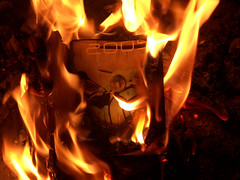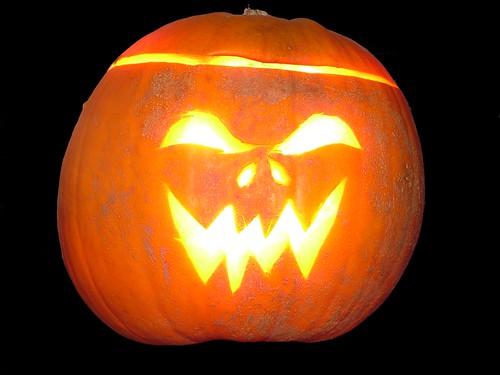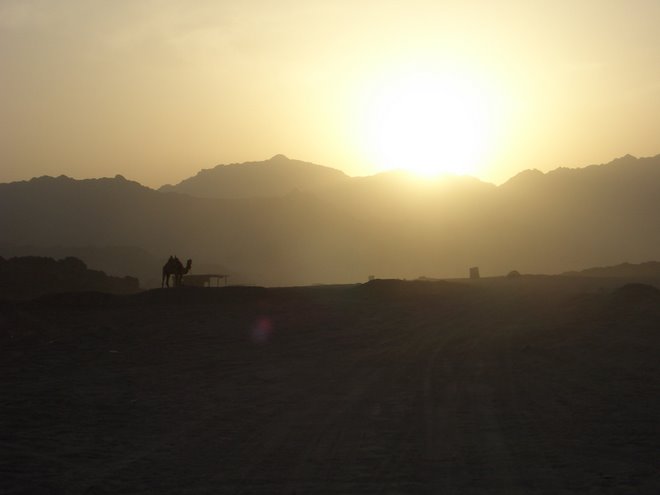
Hello everyone!
This time we are not learning to use some new e-tools for searching or organizing our information on the web but we are discussing how to evaluate the sources of this information.
Firs of all, I believe that there is a great difference between evaluating sources of information online or not. When I wrote my thesis at the end of the triennale
and you can check the origins of the information, for example looking at the authors or the publishing houses. Otherwise, however to find information in that way is difficult and you could waste lot of time.
Instead the web can offer a easier and faster way, through search engines, to find a lot of information wasting not so much time. The problem is how to judge the reliability of these information's sources.
I found good suggestions in the universities' sites Sarah suggested us to visit and in the end I think that, in order to make a good research trhough the web, people should:
- to use a good search engine as google for example.
- to know more exactly as possible what they are looking for in order to put the right tags on the search engine.
- to ask themselves some questions about the possible author of the site or at least to look for some contact persons and addresses (better if there is a sort of bibliography).
- to check potential links that gives you an idea of the origin of the information.
- to use websites as del.ici.ous that can help you in your searching.
- to give a look at the URL of the site.
It's quite normal to have some difficulties in finding any kind of information, most of all when we are surfing the web, and probably my peers will agree with me when I say that we should be more critical in our avaluations. This is especially important for us because we are about to draft our thesis specialistica
So...this e-tivity has been as useful as all the others since we didn't learn to use new tools because it gave us the opportunity of reflecting about something probably underrated but really important for our future researches.
see you,
Imma

